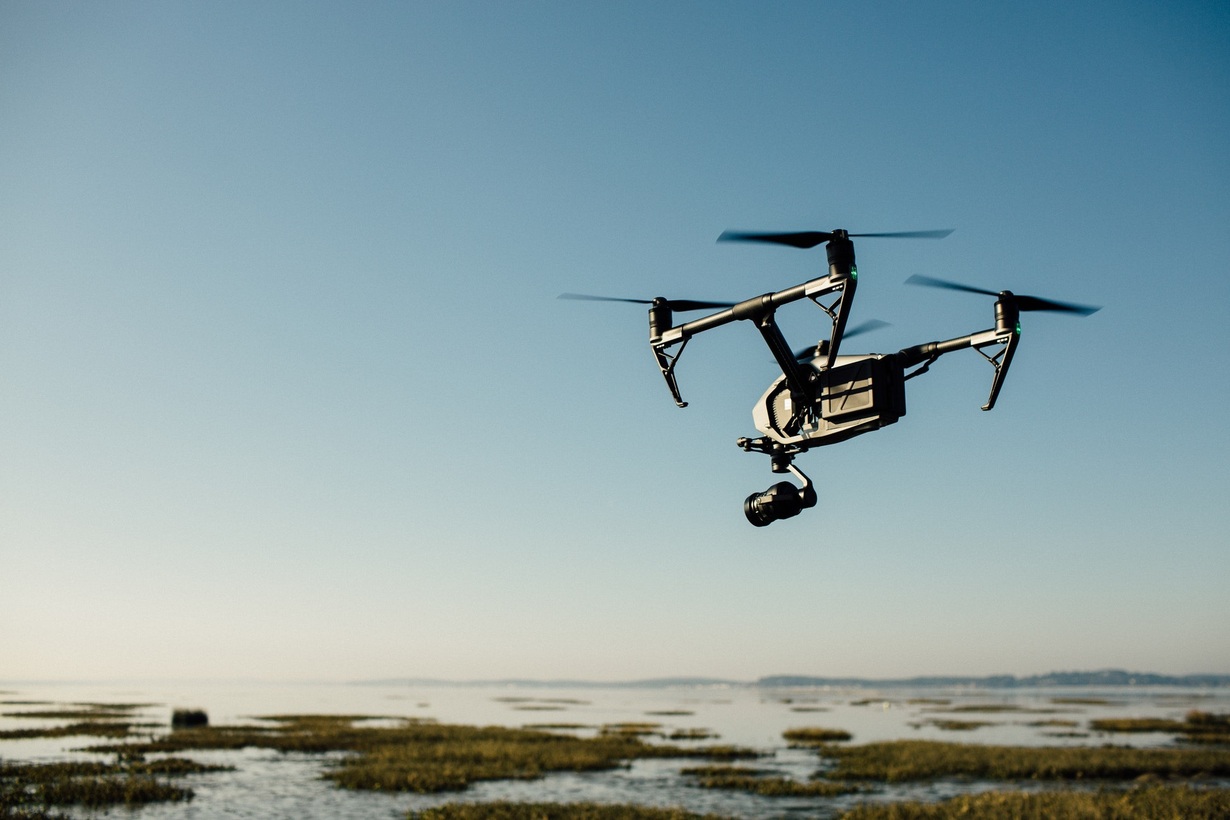Rückblick Digitaler Salon: Machine Gun Learning
Reinhard Grünwald zu Gast in der Talkreihe Digitaler Salon:
Humboldt Institut für Internet und Gesellschaft, Berlin
Aufzeichnung vom 30.09.2021

Autonomous weapon systems
- Project team:
Reinhard Grünwald (Project Manager), Christoph Kehl
- Thematic area:
- Topic initiative:
Committee on Education, Research and Technology Assessment
- Analytical approach:
TA project
- Startdate:
2017
- Enddate:
2020
An examination of technical aspects, ethical issues, and international policy questions of Lethal autonomous weapons systems (LAWs).
sprungmarken_marker_940
Subject and objective of the project
Not so long ago, robotic weapons systems that can select and engage targets without any human intervention could be found exclusively in the domain of science fiction. Due to technological progress made in recent years in the fields of robotics and artificial intelligence (AI), this idea of autonomously acting weapons now is standing on the edge of being actually realised. Automation and autonomy are already being used today for a wide range of weapons system functions (i. a. searching and identifying potential targets using sensor data, tracking, prioritising and determining the moment to attack them). This is why the expansion of autonomous functions of weapons systems is on the agenda of all technologically advanced countries. So far, however, the selection of the target, the decision to attack and finally the release of the trigger are carried out by a human commander or operator. An autonomous weapons system (AWS) would be capable of carrying out all these steps on its own and without any (or with only minimal) human intervention – including target selection and engagement. Proponents of this development argue that AWS might involve humanitarian benefits, as military operations could be carried out more precisely and thus civilian populations and civil infrastructures could be better protected. On the other hand, critics raise concerns over whether it would be ethically justifiable, politically responsible and legally allowed in compliance with (international) law to delegate the decision on the life and death of human beings to machines. Moreover, the development and possible use of AWS would entail security policy risks as well as the danger of arms races and an uncontrolled proliferation of potentially risky technologies.
Key results
The report follows a broad analytical approach and covers a wide range of aspects regarding the topic. The first step is to present the technological maturity and development prospects of AWS. By means of an inventory of already existing and developing systems, it is illustrated which functions modern weapons systems are able to perform autonomously today and in the foreseeable future. Based on these military capabilities, possible deployment scenarios for AWS are discussed followed by an analysis of the resulting security policy implications. In this context, the focus is on questions of whether the possible use of AWS would lead to more or less warlike violence, what effects on regional stability and strategic balance could be expected and whether new arms races might be triggered. Whether, and if so to what extent, the use of lethal force by autonomously operating machines is morally acceptable is the core question of the ethical debate on AWS. This debate is described in detail in the report. Keywords in this context include i. .a human dignity and responsibility. These are closely related to the issue of whether and under what circumstances AWS could be used in compliance with the norms of international humanitarian law.
Rückblick Digitaler Salon: Machine Gun Learning
Reinhard Grünwald zu Gast in der Talkreihe Digitaler Salon:
Humboldt Institut für Internet und Gesellschaft, Berlin
Aufzeichnung vom 30.09.2021

04 November 2020
15:00 - 17:00
Publications
Grünwald, R.; Kehl, C.
2020. Büro für Technikfolgen-Abschätzung beim Deutschen Bundestag (TAB). doi:10.5445/IR/1000127160
Grünwald, R.; Kehl, C.
2020, October. Büro für Technikfolgen-Abschätzung beim Deutschen Bundestag (TAB). doi:10.5445/IR/1000127167
Grünwald, R.; Kehl, C.
2020, October. Büro für Technikfolgen-Abschätzung beim Deutschen Bundestag (TAB). doi:10.5445/IR/1000127165
In the Bundestag
- Vorgang - Bericht, Gutachten, Programm im Dokumentations- und Informationssystem für Parlamentsmaterialien (DIP)
In the media
- telepolis.de (02.06.2024), Begünstigt Künstliche Intelligenz die Gefahr eines Atomkriegs aus Versehen?
- Spiegel online (02.03.2021), Wettlauf der Kampfroboter. (mit Erwähnung des TAB-Arbeitsberichts Nr. 187)
- Spektrum der Wissenschaft (17.02.2021), Schlagabtausch in Maschinengeschwindigkeit" (Interview mit Reinhard Grünwald)
- web.de / gmx.net-Newsportal (04.01.2021), Angst vor dem Flash War – schaffen autonome Waffen Kriegsgefahr?
- Deutschlandfunk/Forschung aktuell (04.11.2020), Krieg der Roboter: Technikfolgen-Abschätzung zu Autonomen Kampfsystemen (Interview mit Reinhard Grünwald)
- sueddeutsche.de/dpa-newskanal (04.11.2020), Autonome Waffensysteme: Experten warnen vor Kontrollverlust (zum Fachgespräch Autonome Waffensysteme)
- Science Media Center (03.11.2020), Regulierung von autonomen Waffensystemen – TAB-Bericht (mit Statements von Wissenschaftler/innen)
- n-tv (10.06.2018), Revolution der Kriegsführung – Die Angst vor autonomen Waffen wächst (mit Reinhard Grünwald)
Related publications from earlier TAB projects
Grünwald, R.
2012. Unterausschuss Abrüstung, Rüstungskontrolle und Nichtverbreitung des Deutschen Bundestages (2012), Berlin, Germany, March 28, 2012
Petermann, T.; Grünwald, R.
2011. Büro für Technikfolgen-Abschätzung beim Deutschen Bundestag (TAB). doi:10.5445/IR/310084510
